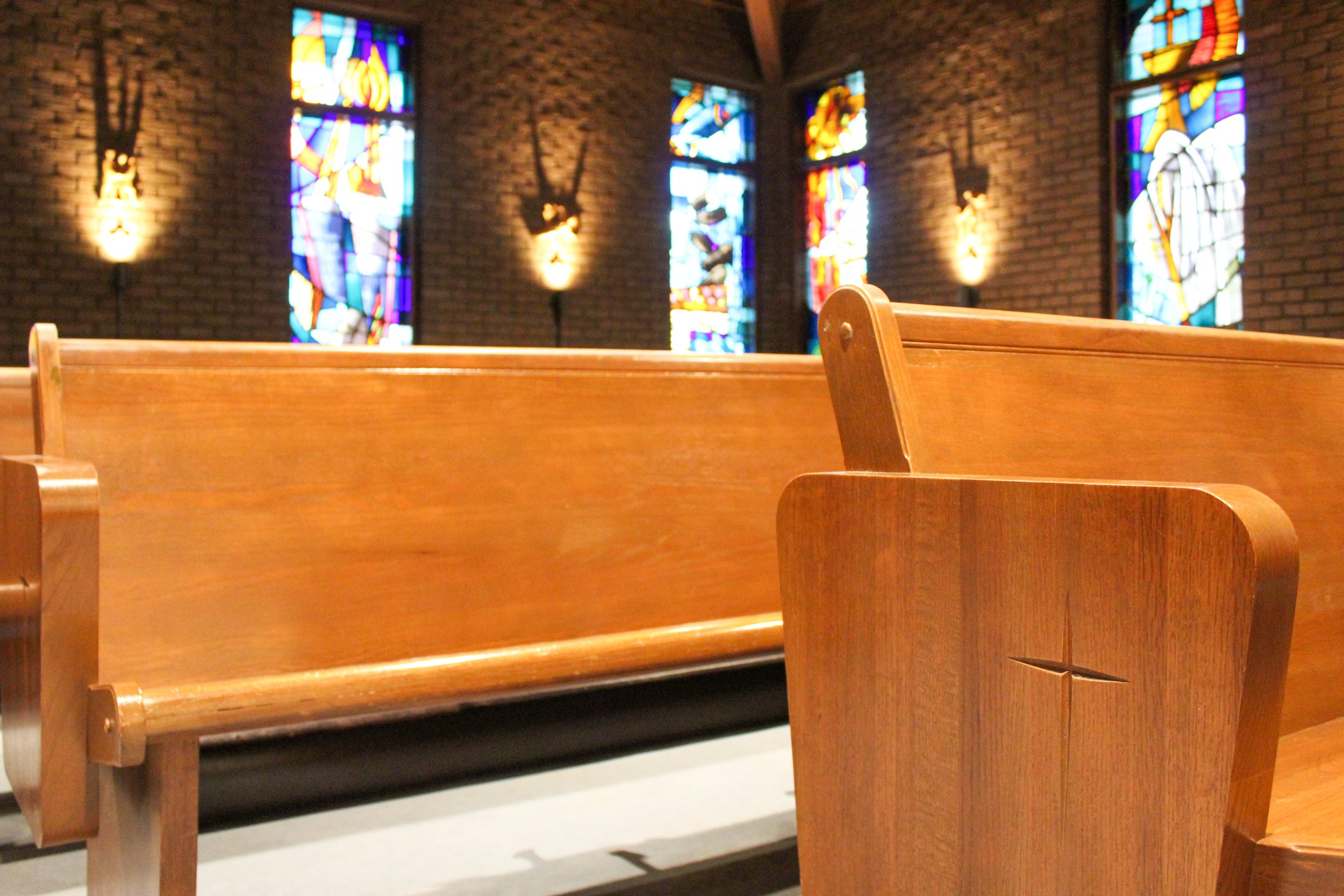
Our Faith
Catholics model our lives on the actions and teachings of Jesus Christ, who passed the faith to the Twelve Apostles over 2,000 years ago. We continue to transfer the faith from generation to generation in our families, among our friends, and with the new people we encounter. Catholic life is grounded in what we believe, which is visible in many forms of customs, practices, and rituals.
We believe that God loves us and seeks to be in relationship with us. We believe that God reveals himself in numerous ways, but particularly through his Word, both written (Sacred Scripture) and unwritten (Tradition). We believe in the Holy Trinity, God revealed as three divine persons of one nature: Father, Son and Holy Spirit. We believe the Church was founded by Christ, through the power of the Holy Spirit, and carried forward through the ages.
Beliefs
The Catholic faith emphasizes the Incarnation, God's act of becoming human in Jesus Christ, as the ultimate sign of his love for us. The Paschal Mystery, celebrating the crucifixion, death, and resurrection of Jesus Christ, is central to every worship celebration, particularly the Mass.
The Mass serves as the Church's unifying sacrament, repairing sin and restoring relationships between God, ourselves, and others. The genuine presence of Christ in the Eucharist heals and sustains us. We are called to serve one another, care for the dignity of every human person, tend to the poor, and build systems that treat people equally and fairly.
We are one with all angels and saints, particularly Mary, the Mother of God, and should live our lives in accordance with their holy example. The Catholic faith emphasizes personal and communal prayer, aiming to grow in faith and love, and improve our relationship with God.
If you would like to know more, please explore the sections on Faith Formation (religious education) and Sacraments (solemn religious ceremonies).
Sacraments
A sacrament is a sacred and visible sign, instituted by Jesus, to give us grace, an undeserved gift from God. The Catholic Church classifies sacraments into three categories.
-
The Sacraments of Initiation bring a new Christian into knowledge of and relationship with God and the Church. First is Baptism, our rebirth from sin as a child of God and member of Christ’s Church through water in the Word. Baptism may take place at any age. The Eucharist, also known as Holy Communion, is a sacred memorial of Christ’s death and resurrection, recalling his actions at the Last Supper, and providing a sign of unity, a bond of charity, and a pledge of future glory. Participants in the rite of First Holy Communion are generally age 7 or older. Confirmation completes the initiation and perfects the baptismal grace by enriching candidates with a special strength of the Holy Spirit to spread and defend the faith by word and deed. The sacrament of Confirmation is generally conferred on individuals age 17 or older.
-
The Sacraments of Healing restore wellbeing in our relationships, bodies, minds, and spirits. Penance and Reconciliation involves confession of actions that have wounded one’s relationships with others and with God. One is forgiven by God through the church via the priest confessor. One then does penance to begin making up for the harm one has caused by the harmful thoughts, words, or deeds. Anointing of the Sick is administered by the priest’s marking the sick person on the forehead and the palms of the hands with holy oil.Through this sacrament, God gives the sick person grace and strength to bear the illness or infirmity. Many credit the power of this anointing with bringing spiritual, emotional, and physical healing as well.
-
The Sacraments of Service are vocations: invitations for those already baptized and confirmed to serve God in a particular way. Matrimony strengthens and blesses a husband and wife in their lifelong covenant of marriage. Holy Orders are conferred upon a man who is set apart for the sacred purpose of continuing the work of the Apostles as a deacon, priest, or bishop.



